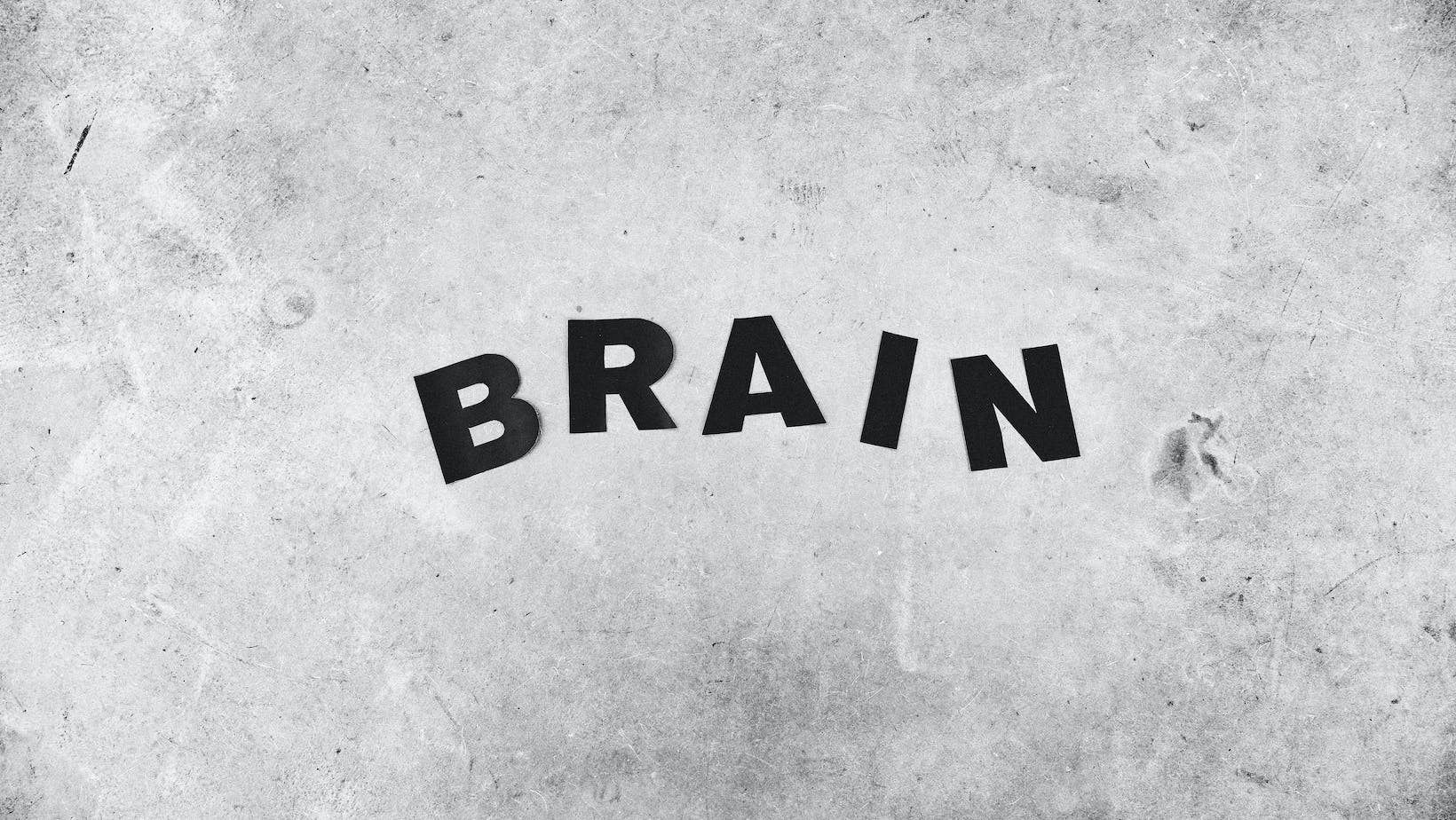
An Inference Needs to Be Supported By
Let’s dive right into the heart of making inferences, a crucial component of critical thinking and problem-solving. Making an inference is much like putting together a jigsaw puzzle; you’re always on the lookout for pieces that fit together to form a clearer picture. Inferences, by definition, are conclusions or opinions that are formed because of known facts or evidence. But it’s not enough just to make an inference; it needs to be backed up with solid proof.
To illustrate this point, consider a detective solving a mystery. They can’t simply say, “I think Person A committed the crime,” without providing any supporting evidence. Their hunch might be spot-on, but without clues or concrete information linking Person A to the crime scene or motive, their assertion falls flat.
Similarly, when we infer something from data or texts, our inferences need to have robust support. This backing could come in many forms – statistics from reliable sources, quotes from experts in the field, historical records – essentially anything that lends credibility and weight to our claims. It’s important to remember: an inference isn’t merely an opinion; it’s an informed conclusion drawn based on available evidence.
What is an inference?
Diving into the heart of our discussion, let’s first understand what an inference is. In simple terms, it’s a conclusion or judgement that you arrive at based on information gathered from various sources. It’s like putting together pieces of a puzzle to form a coherent picture.
Inferences aren’t just random guesses. They’re educated assumptions made after carefully analyzing given facts or data. For instance, if you notice your neighbor taking out trash bags every Tuesday night, you might infer that Wednesday is garbage collection day in your neighborhood.
In the realm of reading and comprehension too, inferences play a vital role. When we read a book or an article, we constantly make inferences based on the text and our own experiences to fully grasp the author’s intent.
It’s key to note that inferences can vary from person to person as they are subjective interpretations influenced by one’s knowledge base and perspective. The same set of facts can lead different people to draw different conclusions.
Remember how Sherlock Holmes would astound Dr Watson with his brilliant deductions? Those were classic examples of making inferences! But unlike Sherlock, most of us need evidence to support our conclusions – which brings us back full circle: An inference needs strong backing indeed!

The Role of Evidence in Supporting an Inference
Let’s dive right into the heart of this topic. Inferences are like building blocks in our understanding of the world. They’re conclusions or deductions we make based on evidence and reasoning. Without solid evidence, any inference we make could be as shaky as a house built on sand.
So, what counts as good evidence? Well, it varies depending on the context. For example, if I’m trying to infer who won last night’s football game based on my brother’s happy mood this morning, his team jersey and triumphant air would serve as pretty strong pieces of circumstantial evidence. But remember, solid conclusions require more than just one piece of data.
When we’re talking about scientific research or formal studies, there’s a higher bar for what counts as valid supporting material for an inference. Here you’d expect to see things like:
- Statistical data
- Results from controlled experiments
- Verified observations
The strength of an inference is directly proportional to the quality and quantity of its supporting evidence. If I tell you that 85% of people prefer Brand A over Brand B based on a survey conducted with a sample size of 1,000 people – that’s compelling evidence leading to a strong inference.
However, let’s not forget about logical reasoning – another crucial cornerstone in making reliable inferences. It ensures that your conclusion logically follows from your premises (the statements assumed to be true). So for instance:
- Premise: All dogs bark.
- Premise: Rex is a dog.
- Conclusion/Inference: Therefore, Rex barks.
Even though empirical data isn’t involved here directly, logical reasoning still provides robust support for the final deduction made.
In conclusion – no matter what kind of inference you’re dealing with – whether it’s casual everyday guessing or rigorous scientific hypothesizing; it needs sturdy scaffolding made out of good-quality observable facts, logical reasoning and reliable data to stand firm. It’s what separates a wild guess from an educated one.
In essence, an unsupported inference is like trying to build a house without bricks; it won’t stand up under scrutiny. To make strong inferences, I must ensure I have enough reliable evidence. Logic and reasoning then help me piece this information together coherently.
Remember – making accurate inferences isn’t about jumping straight from A to Z; it’s about carefully considering each step along the way!






